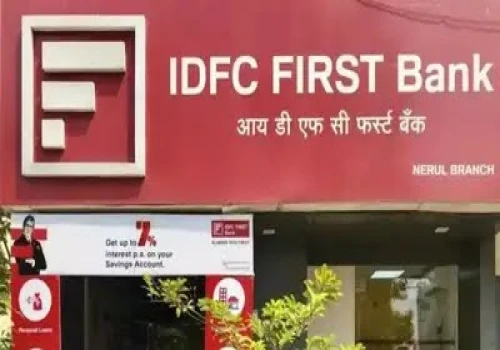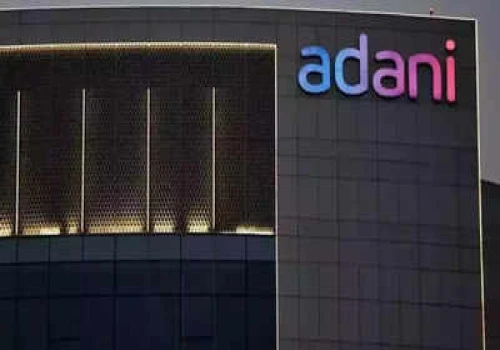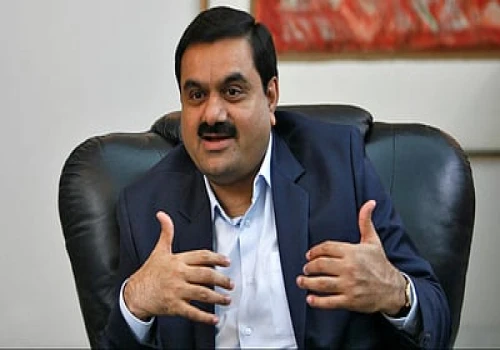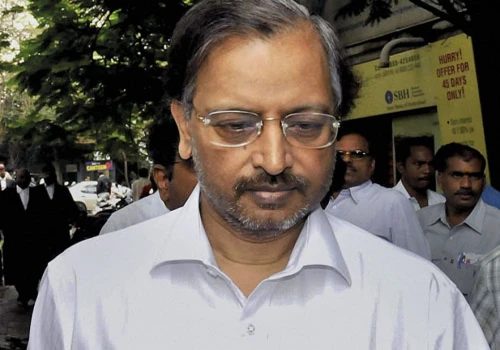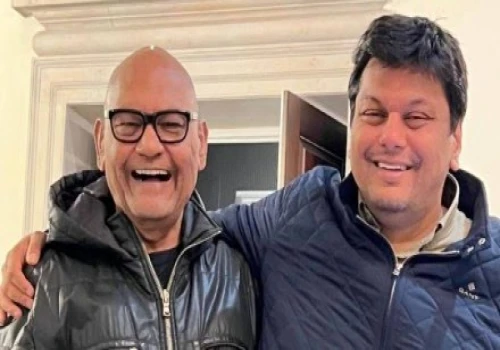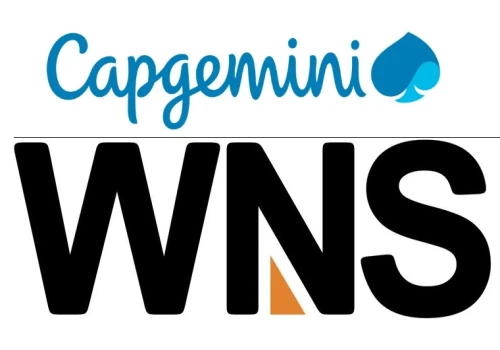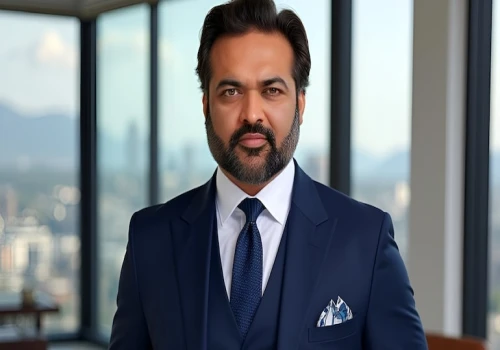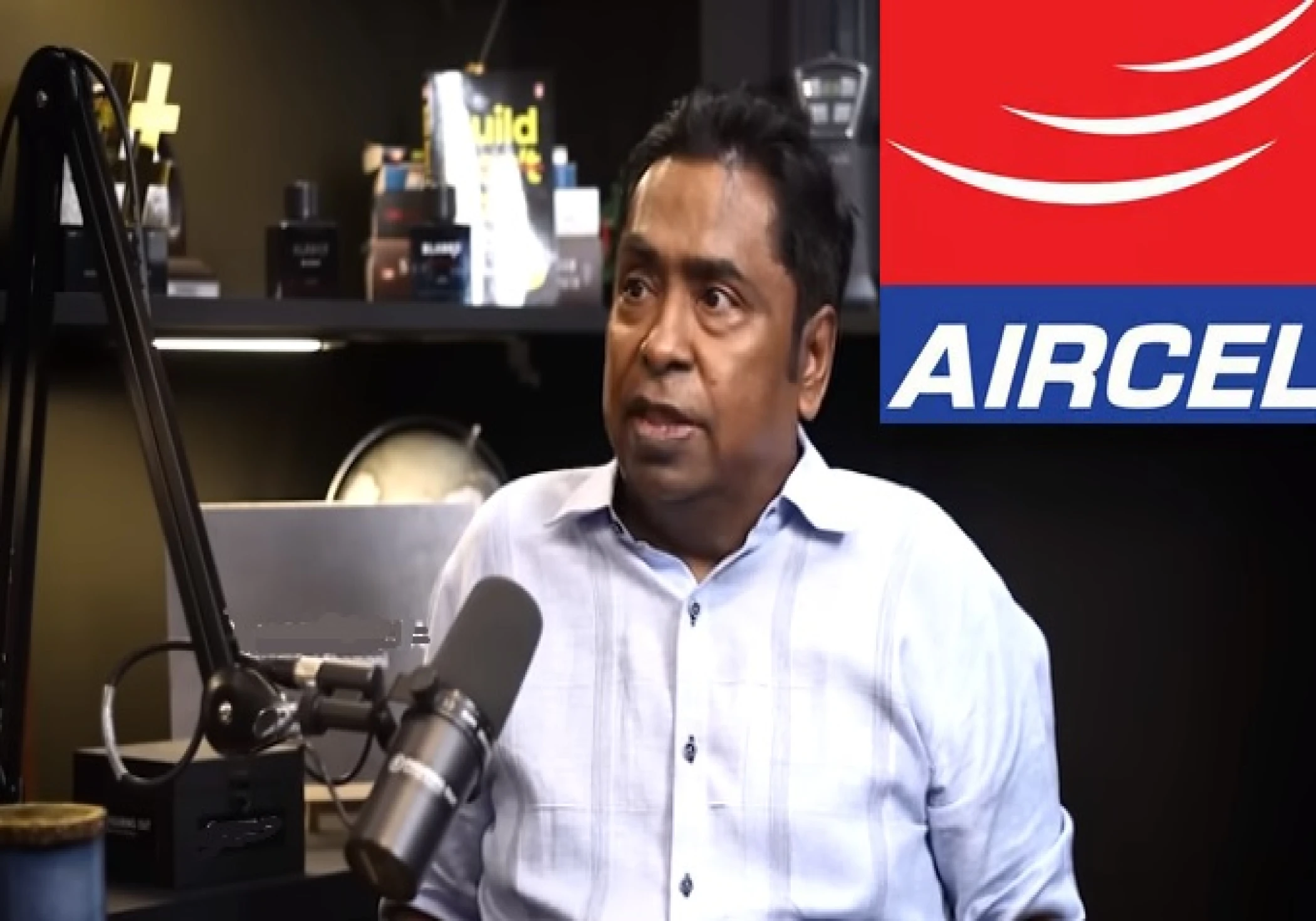
When it comes to the field of telecommunications, there are a few individuals who stand out not just for their entrepreneurial abilities but also for the profound impact they have had on the industry through their innovations. The founder of Aircel, Chinnakannan Sivasankaran, is a shining example of this type of luminary. Through his visionary leadership, he was able to completely transform the landscape of mobile communications in India.
Early Life and Career Beginnings
Chinnakannan Sivasankaran, often referred to as C. Sivasankaran or simply "Siva," was born on 29 July 1956 in a small village in Tamil Nadu, India. It is a credit to his tenacity and business acumen that he was able to rise from his humble beginnings to become a prominent player in the telecom industry while he was just starting out. Prior to entering the field of telecommunications, Sivasankaran established himself in a variety of businesses, demonstrating an inherent talent for seeing opportunities in new markets.
In 1985, Sivasankaran began his career in business by purchasing Sterling Computers from Robert Amritraj, the father of tennis player Vijay Amritraj. This was the beginning of Sivasankaran's commercial career. A personal computer (PC) could be purchased for as little as Rs 33,000 at that time, whereas the versions offered by competitors may cost as much as Rs 80,000. During the course of the endeavor, Sterling was able to establish itself as one of the top three computer enterprises in India.
MTNL, a state-owned company that provided telecommunications services in Delhi and Mumbai, awarded Siva a contract valued at five years in the year 1992. Siva arrived at the conclusion that the telecommunications industry would shortly be opened up to the private sector in a relatively short amount of time. He felt ecstatic about the possibilities. New Delhi became Siva's new home after he relocated in Chennai. Siva was successful in obtaining cellular telecommunications licenses for the city of Delhi as well as three additional telecom circles in the year 2004, namely Uttar Pradesh (east), Haryana, and Rajasthan. Within a short period of time, he sold these licenses to Shashi Ruia of Essar, an old buddy of his from Chennai, for the astonishing sum of $105 million.
He established his American base in 1996 when he bought rapper MC Hammer's Fremont, California home. He began buying shares in Bharti Telecom, owned by Sunil Mittal, in the same year. By the beginning of 1997, he had about 10% of the company's shares and made a demand for a position on the board of directors. Even more of a negotiator than Mittal declined. Siva ultimately made Mittal an offer to buy the shares for Rs 90 each; the acquisition cost had been Rs 100. Siva only ever experienced financial loss in one situation. He was still wealthy, though. Together with Hong Kong tycoon Hari Harilela, Siva bailed out an Indian-owned bank in Thailand in 1997.
He was offered shares in Tamilnad Mercantile Bank by the Ruias in the meantime. However, the bank's owners, the Nadar community, were against the agreement. It acquired Siva's share mid-1999, two years later. He had a sizable net gain from the deal. Siva then sold VSNL Rs 270 crore for Dishnet DSL, the country's first internet DSL service provider. Dishnet DSL was founded by Sivasankaran in 1998 as part of Sterling Group. In 2004 Dishnet was sold to VSNL at an agreed deal of Rs 270 Crore and later VSNL was acquired by TATA Group in 2008, and it renamed as Tata Communications.
He even sent a letter to Enron India CEO Rebecca Mark offering to purchase the struggling energy company's Indian operations for just one rupee! Siva struggled to avoid using telecommunications. He first purchased the license for Tamil Nadu before purchasing one from RPG Cellular for Chennai.
Founding Aircel: Pioneering Mobile Telecommunications
Sivasankaran was quick to predict that the telecom industry will soon be opened up to the private sector. He was excited by the possibilities. It was in the year 1999 when Chinnakannan Sivasankaran established Aircel in the village of Kovilur, which is located in the Cheyyar taluk of the Tiruvannamalai district. Aircel began its activities within the Tamil Nadu telecom circle. Aircel began as a regional player but quickly expanded its footprint, eventually becoming a countrywide brand that is recognized for its innovative technology and services that are focused on the client. Aircel was a pioneer in various efforts that altered the mobile communications experience for millions of Indians. These initiatives were pioneered under the supervision of Sivasankaran.
One of the most notable accomplishments that Aircel accomplished while Sivasankaran was in charge was the company's strategic focus on increasing network coverage to regions that were not being adequately covered. The implementation of this measure not only helped to close the digital gap, but it also provided millions of people with access to dependable mobile services, which in turn accelerated the process of socioeconomic growth.
Innovative Strategies and Industry Impact
Sivasankaran supported the implementation of novel pricing methods and value-added services that were well received by the Indian consumer market. This was in addition to the company's geographical development. Affordable tariffs, appealing prepaid plans, and one-of-a-kind offerings that are tailored to meet the varied requirements of customers were all offered by Aircel. Not only did these initiatives increase Aircel's market share, but they also established new standards for the industry as a whole.
During Sivasankaran's tenure as CEO of Aircel, the company became renowned with providing high-quality service at reasonable prices and advanced technological capabilities. A devoted customer base was established for the company as a result of its dedication to excellence, which also helped the company solidify its position as a powerful rival in India's telecom industry, which is notoriously cutthroat.
Fall of Aircell
In spite of Aircel's achievements, the telecommunications business is infamous for the difficulties it faces, which include obstacles posed by regulatory agencies and severe market competition. In 2018, Aircel encountered a number of financial challenges, which ultimately led to the company's decision to file for bankruptcy, marking a tough period in its history. Sivasankaran's legacy, on the other hand, goes well beyond the difficulties that the company went through economically.
In 2005, the Malaysian telecommunications corporation known as Maxis Communications purchased a 74% stake in the company from Sivasankaran of Malaysia. Sindya Securities and Investments, which is promoted by Suneeta Reddy, currently serves as the managing director of Apollo Hospitals, is the owner of the remaining 26% of the stock.
The CBI is looking into Aircel for possible irregularities related to the takeover of Maxis. The CBI claims that in 2005, Dayanidhi Maran, the then-telecom minister, pressured Aircel's former owner C. Sivasankaran to sell his share to Maxis in exchange for Maxis investing Rs. 5 billion in a Maran family-owned DTH company. In September 2012, there were also rumors—which neither company confirmed—that Sistema, a Russian business, was in talks to buy Aircel. In September 2012, the Department of Telecommunications sent notifications to seven operators, including Aircel, for failing to comply with radiation standards in their base tower stations.
The entire Aircel network was shut down on February 28, 2018.
In an interview with social media influencer and Podcaster Raj Shamani, C. Sivasankaran said He was forced to sell Aircel to one person. He said, "I just made a paltry sum of ₹3,400 crore from the deal, if I would have sold it to AT&T I would have got 8 billion". He stated “Politicians intervened and I lost my company.”
The entrepreneurial journey that Sivasankaran has taken is a shining example of tenacity, insight, and a profound comprehension of the mechanics of the consumer market. The contributions that he made to India's telecommunications industry provided the framework for later inventions and improvements, which in turn influenced the manner in which telecoms services are transported and utilized throughout the country.
Chinnakannan Sivasankaran's role as the founder of Aircel exemplifies the transformative potential that visionary leadership possesses in the process of producing industries. His unwavering dedication to broadening access to mobile communications and pioneering techniques that are centered on the client has left an indelible effect on the landscape of India's telecommunications industry. Sivasankaran's legacy continues to inspire business owners and industry leaders alike, reminding us of the enduring impact that creativity and tenacity in the face of hardship can have. This is true notwithstanding the difficulties that Aircel had in its later years.



